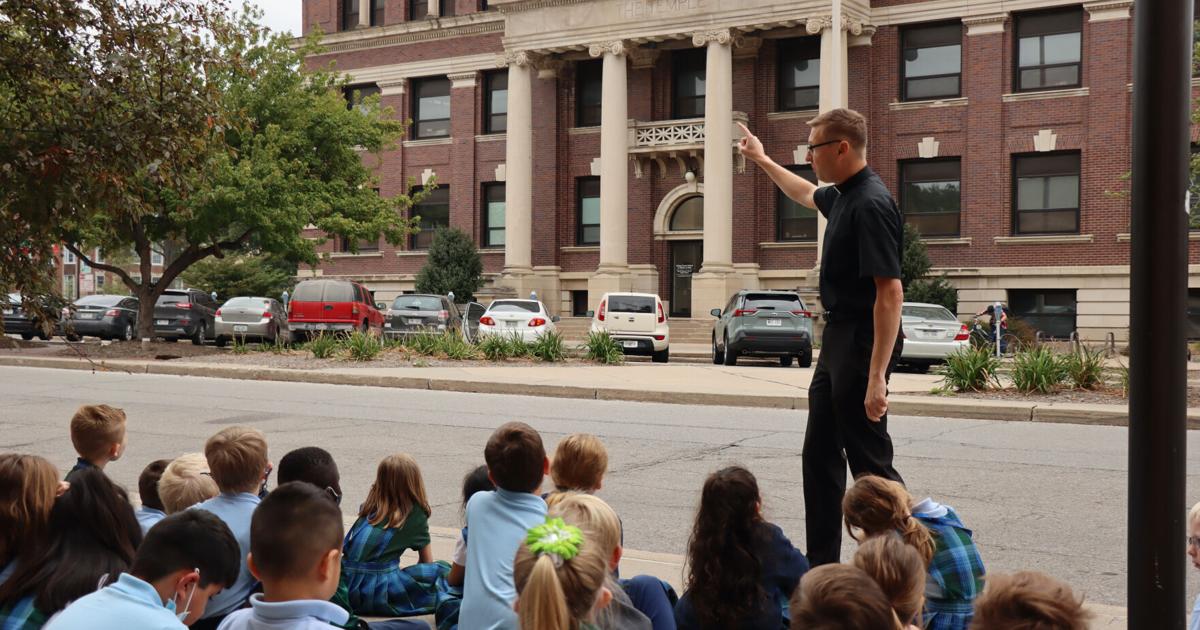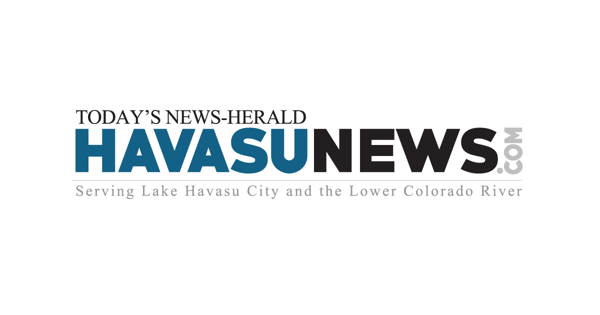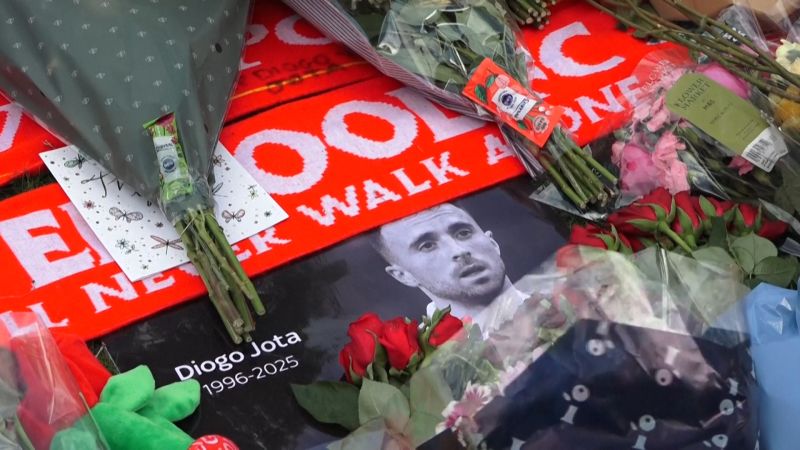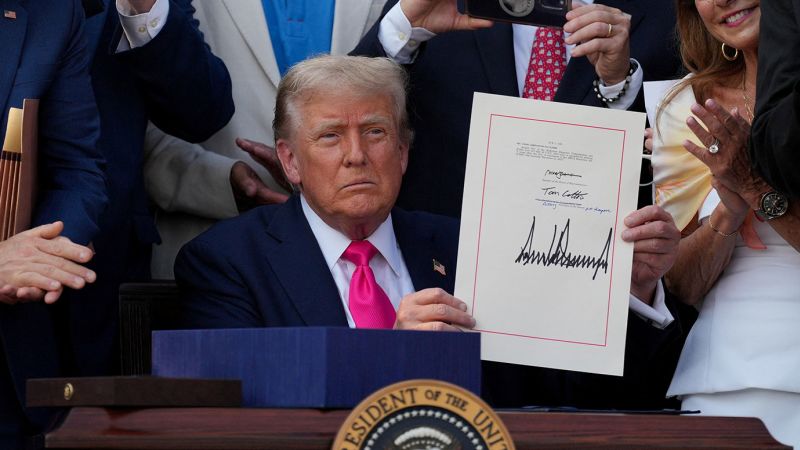Hundreds Gather in Lincoln for National Catholic Education Conference

More than 500 attendees will converge in Lincoln, Nebraska, from March 11 to 14, 2024, for the national conference hosted by the Institute for Catholic Liberal Education. This event aims to promote the revival of Catholic liberal education, emphasizing the integration of the liberal arts and sciences with faith.
Bishop James Conley will highlight the significance of this educational approach during the conference, sharing insights about how subjects like math and science can connect students to their Catholic beliefs. Conley, who has been an advocate of beekeeping since his college days at the University of Kansas, often draws parallels between nature and spiritual teachings, stating, “Entomology can lift us up to just wonder, marvel at a little creature, like a bee.”
The sold-out conference will take place at the Lincoln Cornhusker Marriott Hotel and the Newman Center at the University of Nebraska-Lincoln. Attendees include bishops, superintendents, teachers, and clergy members from 149 educational organizations nationwide. Conley expressed enthusiasm for the growing interest in Catholic liberal education, noting, “It’s just exciting because this organization has been growing every year, and it’s got more and more interest and enthusiasm.”
The push for a return to Catholic liberal education is not a novel concept. Advocates highlight that this educational philosophy has historically guided prominent church figures such as St. Augustine, St. Thomas Aquinas, St. Thomas More, St. John Henry Newman, and Pope Benedict XVI. Conley explained, “It’s rediscovering the beauty and wonder of what Catholic education is all about. It’s getting back to our roots, getting back to the heart and soul of Catholic education.”
In 2022, the Diocese of Lincoln implemented a Catholic liberal education curriculum at St. Teresa Catholic School. This initiative has since expanded to other schools within the diocese. The curriculum allows students to explore topics such as the Age of Antiquity, including Ancient Greece and Rome, and to engage with literary fairy tales and the history of early Christianity.
Students also delve into stories of King Arthur and saints from the medieval period, tracing the evolution of Western civilization and Christendom from the Middle Ages to the Renaissance. The curriculum incorporates studies in Latin, sacred art, and ancient architecture, fostering a holistic education that connects students to the teachings of the Catholic Church.
Conley emphasized the importance of developing the whole person—mind, body, and soul—through education. He criticized the modern, pragmatic approach that often focuses solely on career preparation, stating, “Catholic education has, at least in modern times, been very much a pragmatic approach — career-oriented, sort of preparing people for the workforce, as opposed to forming the heart and mind to virtue and to truth, goodness and beauty.”
As the conference unfolds, participants will engage in discussions aimed at revitalizing Catholic liberal education, fostering a renewed commitment to enriching students’ lives through a balanced approach to learning that intertwines faith and reason.






